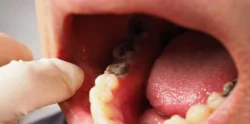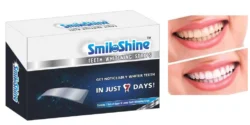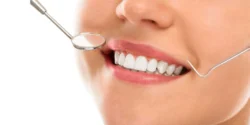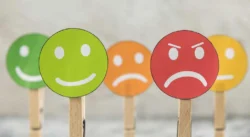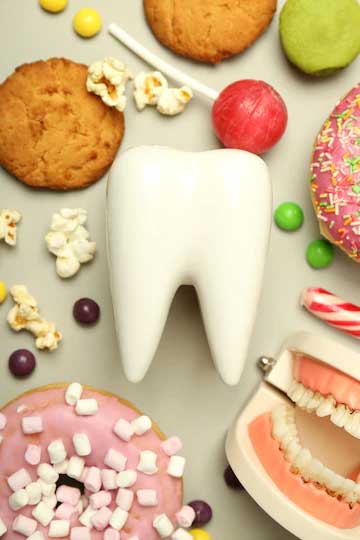
Kids are impressionable, so it is crucial to provide dental education and help them build a positive dental routine at a young age. You may think kids don’t need to know these things at their age because they will have a chance to start over when they lose their baby teeth. However, habits are hard to drop, so knowing how to maintain proper oral hygiene at their age and having a good relationship with their dentist will help them make better decisions regarding their oral health when they are older.
What Is Dental Education?
Dental education involves providing information, resources, and practical examples to practice proper oral hygiene and educating them on the right way to brush and floss, good food to eat, and the risks of inadequate dental care. Teaching your kids the importance of good oral health is vital because tooth decay is one of the most common diseases plaguing children aged 2-11 years.
Positive Dental Routine
- Brushing. Kids need to learn how to brush right at an early age. They should brush for nothing less than two minutes, morning and night. The up and down of the teeth should be cleaned in an up and down manner and with a soft-bristled toothbrush. The kids are also to make sure to pay attention to their tongues while brushing because it holds several bacteria.
Also, suppose the kids have developed a habit of drinking a glass of juice or consuming acidic foods before brushing. In that case, it is advisable to make them wait for about an hour before brushing because doing so immediately after could wear down the enamel.
- Flossing. Children should learn to take flossing as important as brushing because this exercise takes care of plaque (an acidic substance that destroys the enamel) that brushing can’t. The floss should be wound around their index finger and moved up and down between every tooth, and if they have problems using an actual floss, you could get them tiny flossers. Flossing should be done at least once daily.
- Using mouthwash. Teach your kids that using mouthwash is essential, especially after a meal. Rinsing their mouth with mouthwash clears out residual food particles in the mouth, reducing the risk of plaque formation. They could also use it for about 30 seconds immediately after brushing their teeth, and you could buy one with a flavor they like to get them to use it more.
- Cutting down on sugary foods. Sugary foods and food high in carbs are food for the bacteria in our mouths. The result of the bacteria feeding on these foods is the production of acid that can destroy the enamel leading to cavities.
- Drinking lots of water. Drinking water has many benefits, and you should ensure your kids develop the habit of drinking lots. Tap water is good because it contains fluoride, which strengthens the teeth and fights cavities. Drinking water after a meal could also help wash off food residue in the mouth, leaving the harmful bacteria starving.
- Visiting the dentist regularly. You should ensure your kids are used to seeing the dentist regularly for checkups. They should also get dental cleaning at least twice a year. While the cleaning is good for their teeth to prevent decay, the dentist could also notice signs of problematic dental issues and proffer solutions.
How to Get Your Kids to Adopt a Positive Routine
There are several ways to help your kids ease into a positive dental routine. You could start by making them watch you brush, and as you brush, make comments on how you do it. You could allow them to brush with a favorite stuffed animal and read books about oral hygiene to them. These actions may help them develop a positive attitude toward brushing and prepare them for their first dental appointment.
What Are the Benefits of Early Dental Education?
Early dental education is important because it could determine your kids’ dental habits as adults, and good education could go a long way in improving their dental and overall health. Some of the benefits are
- It instills good dental habits and practices in the kids, which could help prepare the groundwork for permanent teeth growth.
- Reduces the risk of the child developing tooth decay and other dental problems, including receding gums and dental diseases.
- Encourages indulgence in healthy eating and minimizes intake of sugary foods and drinks.
- It helps save cost in the long run by reducing the chances of the child undergoing costly dental procedures such as getting fillings.
- It allows the dentist’s office to be a familiar place to the child, which could prevent dental phobia and anxiety.
- Reduces chances of severe complications that could affect the heart and other parts of the body.
The Importance of a Child’s First Dental Appointment
A child’s first visit to the dentist is crucial because it usually forms their perception of going to the dentist. Many kids and adults who have dental phobia have bad first experiences. So, it is your responsibility as a parent to help your child feel at ease at the dentist’s, and providing them with good dental education is an excellent place to start.
To make things easier, you should have a family dentist and go for family checkups. The presence of familiar faces will help the child stay calm. Also, ensure your child is at ease; don’t do things that make them anxious about the visit. You could let them take their favorite toy or read the books.
Conclusion
Dental diseases are a pandemic. According to WHO statistics, about 3.5 billion people suffer from dental diseases. While the numbers may look scary and intimidating, dental diseases are easily avoidable. However, it is prevalent because things we often overlook or take for granted are things that can trigger them. So, giving your child the proper dental education at a young age will go a long way in helping them develop healthy oral habits and help them see the importance of regular dentist appointments.

